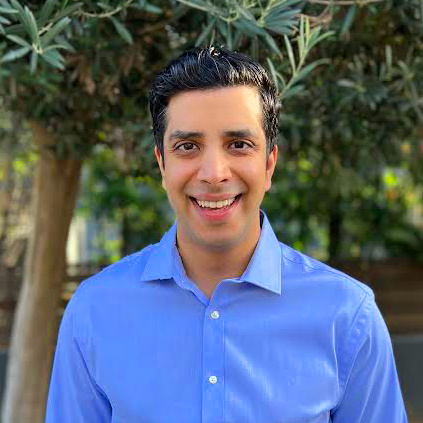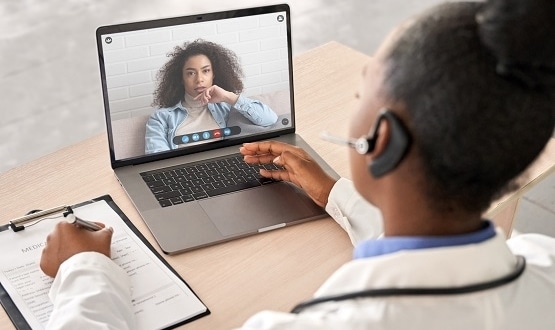“Fixing the basic digital and data infrastructure of the NHS,” is a key national priority, said Vin Diwakar, medical director for transformation at NHS England.
Speaking at the Health Excellence Through Technology (HETT) conference on 25 September 2024, Diwakar quoted results of a 2022 British Medical Association survey, in which only 11% of doctors said they had the basic tools for their jobs and more than 70% said that a lack of interoperability was the biggest barrier to integrated care.
“We’ve not been doing nothing, over the last few years we’ve supported 160 trusts to either upgrade or get a new electronic patient record (EPR),” Diwakar said.
He added that 97% of trusts will have an EPR in place by March 2026, which he said “is not fast enough but they will have one”, and the remaining 3% will be in some form of procurement.
During the keynote session, in which Diwakar outlined key priorities for NHS digital transformation, he called for improvement science to become “the go to methodology for solving clinical and operational challenges”.
“We know the fastest way to improve quality for patients is to spread proven good practice,” he added.
He also spoke about the importance of modernising data platforms, because “if you can’t measure it, you can’t manage it”, and highlighted NHSE’s success in reducing the “unbelievable 1,900 data flows across the NHS” and moving to faster data flows.
Diwakar confirmed that NHSE is ahead of schedule in the implementation of the federated data platform, following the announcement that more than half of acute trusts were signed up, as of September 2024.
The next priority Diwakar outlined is “transforming citizen interactions and people interactions through services like the NHS App”.
“The development of the app has really been driven by the development of new product features and there hasn’t been this overarching vision – how are we going to transform and support citizens to better care and navigate their health in the future?” he asked.
His comments follow Lord Darzi’s investigation into the state of the NHS in England, published on 12 September 2024, which said that the app is “not delivering a ‘digital-first’ experience similar to that found in many aspects of daily life, although there is huge potential”.
The final two priorities for NHSE are “creating a thriving ecosystem for innovation, research and life sciences” and “delivering high-quality, super reliable national services,” Diwakar said.
He praised NHSE’s “world class services”, including the NHS Spine, which migrated to the cloud in January 2024, and the cyber operations team.
“If you talk to cyber professionals around the world, they will tell you we’ve got one of the best cyber operations services in the world, or if not in Europe,” he said.
Diwakar confirmed that NHSE is is awaiting the next autumn spending review and working with the UK government to set out ambitions for technology, data innovation and improvement.
“I’m confident that the government does share our ambitions for the future digital, data and technology transformation of the service,” he said.











